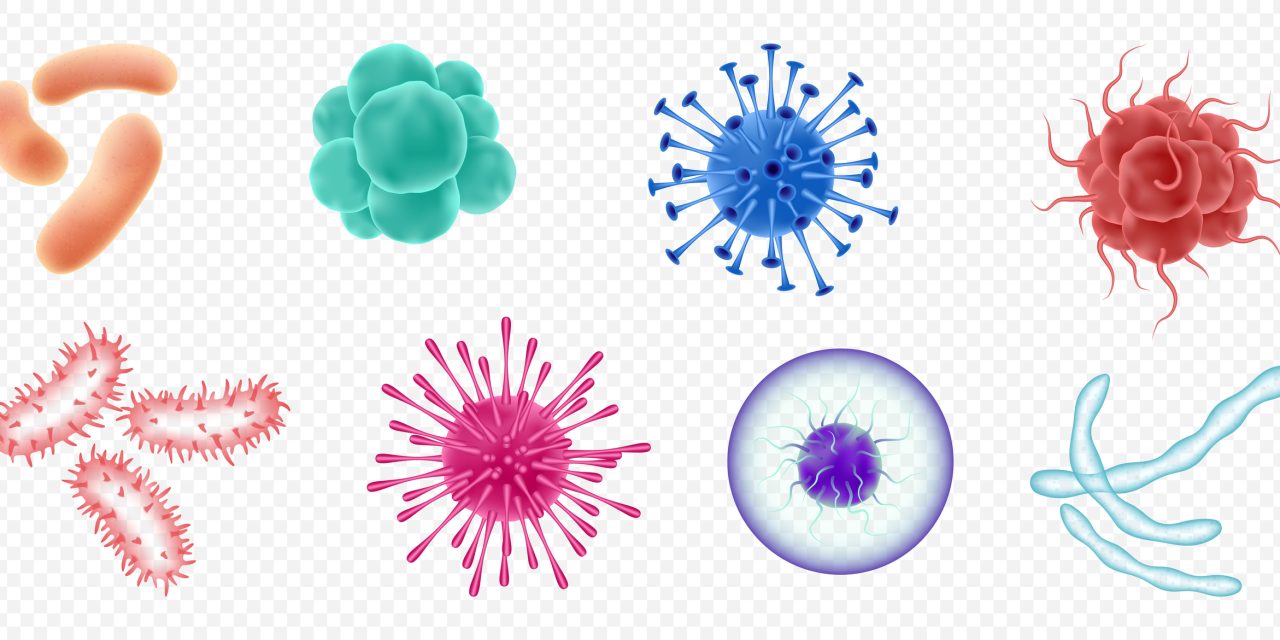The primary function of apolipoprotein E (APOE) is to mediate the transport of cholesterol- and lipid-containing lipoprotein particles into cells by receptor-mediated endocytosis. APOE also has pro- and anti-inflammatory effects, which are both context- and concentration-dependent. For example, Apoe-/- mice have enhanced airway remodeling and hyperreactivity in experimental asthma, whereas increased APOE levels in lung epithelial lining fluid induce IL-1β secretion from human asthmatic alveolar macrophages. However, APOE-mediated airway epithelial cell inflammatory responses and signaling pathways have not been defined. Here, RNA-sequencing of human asthmatic bronchial brushing cells stimulated with APOE identified the increased expression of mRNA transcripts encoding multiple pro-inflammatory genes, including CXCL5 (C-X-C Motif Chemokine Ligand 5), an epithelial-derived chemokine that promotes neutrophil activation and chemotaxis. We subsequently characterized the APOE signaling pathway that induces CXCL5 secretion by human asthmatic small airway epithelial cells (SAECs). Neutralizing antibodies directed against TLR4, but not TLR2, attenuated APOE-mediated CXCL5 secretion by human asthmatic SAECs. Inhibition of TAK1, IκKβ, TPL2, and JNK, but not p38 MAPK nor MEK1/2, attenuated APOE-mediated CXCL5 secretion. The roles for TAK1, IκKβ, TPL2, and JNK in APOE-mediated CXCL5 secretion were verified by RNA-interference. Furthermore, RNA-interference showed that following APOE stimulation, both NF-κB p65 and TPL2 are downstream of TAK1 and IκKβ, while JNK is downstream of TPL2. In summary, elevated levels of APOE in the airway may activate a TLR4/TAK1/IκKβ/NF-κB/TPL2/JNK signaling pathway that induces CXCL5 secretion by human asthmatic SAECs. These findings identify new roles for TLR4 and TPL2 in APOE-mediated pro-inflammatory responses in asthma.
Apolipoprotein E Signals via TLR4 to Induce CXCL5 Secretion by Asthmatic Airway Epithelial Cells.


